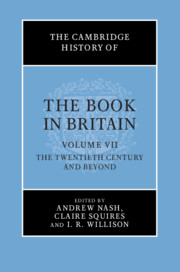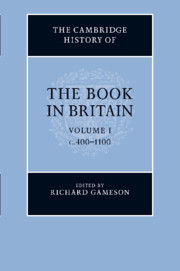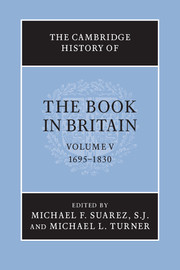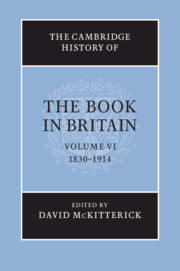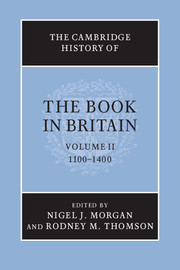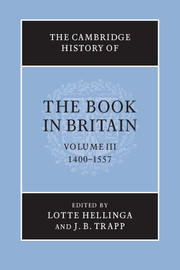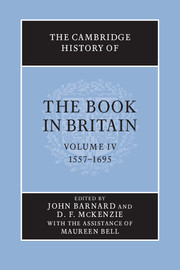The history of the book offers a distinctive form of access to the ways in which human beings have sought to give meaning to their own and others' lives. Our knowledge of the past derives mainly from texts. Landscape, architecture, sculpture, painting and the decorative arts have their stories to tell and may themselves be construed as texts; but oral tradition, manuscripts, printed books, and those other forms of inscription and incision such as maps, music and graphic images have a power to report even more directly on human experience and the events and thoughts which shaped it. The seven volumes of the History of the Book in Britain will help explain how these texts were created, why they took the forms they did, their relations with other media, and what influence they had on the minds and actions of those who heard, read or viewed them. Its range, too - in time, place and the great diversity of the conditions of text production, including reception - challenges any attempt to define its limits and give an account adequate to its complexity. It addresses, whether by period, country, genre or technology, widely disparate fields of enquiry, each of which demands and attracts its own forms of scholarship. The Cambridge History of the Book in Britain seeks to represent much of that variety. The volumes investigate the creation, material production, dissemination and reception of texts, effectively plotting the intellectual history of Britain.
-
General Editors:
John Barnard, University of Leeds,
D. F. McKenzie, University of Oxford,
David McKitterick, Trinity College, Cambridge,
I. R. Willison, Institute of English Studies, University of London
